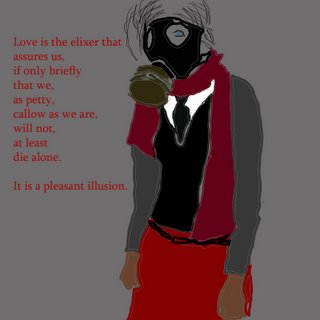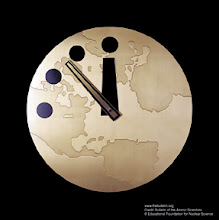
You work a long week of closes, the final day feels like a revelation.
Like Marconi beach sunrises. Oh god I miss those days. And breakfast at the Post Office at P-town. Who's down?
Maybe I'm just tired, but I'm jubilant. I've been through some harsh shit in my time, and I'm not laboring under the illusion it gets better, but I've done some time, and all I have to say is, is this the worst it can get?
I'm writing again. I'm reading again. I've got notebooks and they're filling up. I'm out of the culdesac that has plagued me for two years, and I've escaped, like Steve McQueen on his fuckin bike, riding out of a POW camp across europe.
I've got a million ideas and they're all so fuckin vivid it makes my head hurt. If all it takes to make me this euphoric is to decide once and for all to cut out people who drain me, people who demand every fucking thought in my head and even then it's discarded as lame . . . well christ, get me some more dead weight to cut away, because after a long time of searching, I've found a drug whose high is worth the addiction.
since I cannot prove a lover, to entertain these fair, well-spoken days, I am determined to prove a villain, and hate the idle pleasures of these days
The dudek recommended Kertesz' Liquidation and so far it is an expansive endeavor. Who can write fiction after an event that defines expansive imagination as darkly as the holocaust does? Kertesz can. I would argue that some others can, but only through cultural distance (Rushdie, and his own identification with Partition), or through humor (Roth and his obsession with the hang-ups of the academic american male), or simply through expansive historical flow-chartiness (Delillo, or Pynchon, who is the master of us all)
But only Kertesz can write about it without having been there. At least as far as I've read. Some people were there, and they have written memoirs that cut like cold steel and bring back blazing luminescence from places we dare not (Frankl, Wiesel) and others have attempted, without being there (Amis, Anne Frank rip-offs). But this is different. It is indirect but never avoidant, and that is what makes this book so intense.
God, I need like a dozen more drinks.


0 Comments:
Post a Comment
<< Home